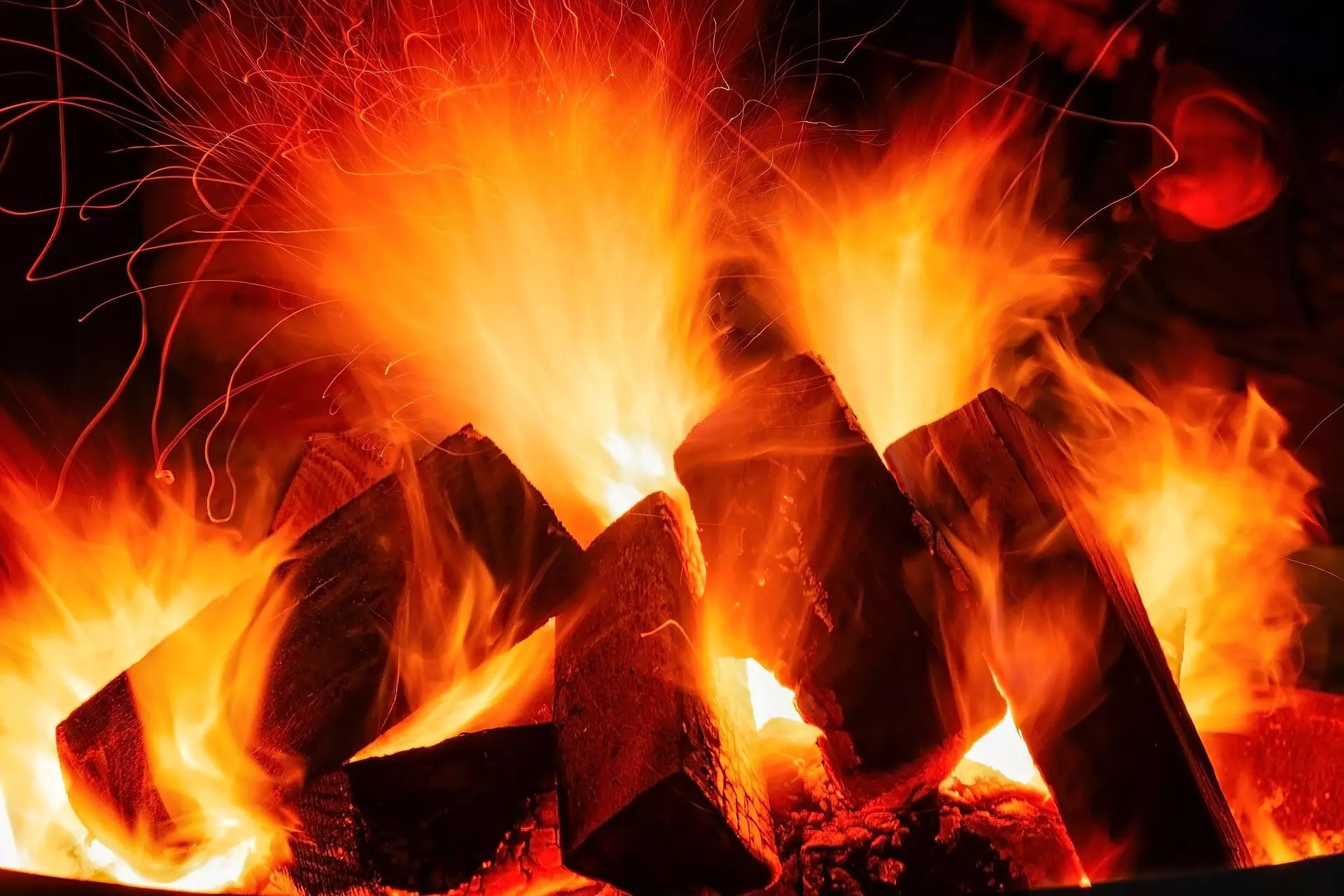In a world where the challenge of achieving net zero emissions by 2050 looms large, a Stanford-led research study published in PNAS Nexus presents an innovative and cost-effective solution rooted in ancient technology. This solution involves utilizing heat-absorbing bricks in an insulated container to store renewable energy generated by sources like solar or wind power. By releasing this stored heat for industrial processes, industries such as cement, steel, glass, and paper factories can run on renewable energy even during periods of low wind or sunshine. This technology, reminiscent of ancient kilns and iron-making furnaces, has the potential to pave the way for a sustainable future.
The key to this groundbreaking technology lies in the simplicity of its components – firebricks are essentially made from materials that have been used for centuries in kilns and furnaces. By optimizing these materials for heat storage rather than insulation, researchers have unlocked a cost-effective solution for storing and utilizing renewable energy. What sets firebrick storage apart from traditional battery storage is its affordability, with firebricks costing only a fraction of what batteries do. Lead study author Mark Z. Jacobson emphasizes the significance of this difference, stating that the materials used in firebricks are as basic as “just the components of dirt.”
Many industries rely on high-temperature heat for their manufacturing processes, with temperatures exceeding 1,000 degrees Celsius being a common requirement. The transition to using renewable energy for industrial heat could potentially eliminate a significant portion of global carbon dioxide emissions stemming from fossil fuel combustion. By storing energy in a form that closely matches its end use, the efficiency of energy conversion is maximized. This makes firebrick technology a promising solution for reducing both emissions and energy costs in industrial settings.
The research conducted by Jacobson and his team explored the potential impact of widespread adoption of firebrick technology across 149 countries. In a hypothetical future where all energy needs are met through renewable sources, firebricks could offer a faster and more cost-effective transition to a sustainable energy system. By comparing scenarios with and without firebrick utilization, the researchers found significant cost savings and reductions in energy grid demands associated with the adoption of firebrick technology. This underscores the transformative potential of integrating ancient practices with modern renewable energy solutions.
The shift towards utilizing renewable energy sources like firebricks is not just a matter of economic savings, but also a crucial step in improving human health and environmental sustainability. By reducing dependence on fossil fuels and minimizing air pollution, the adoption of renewable energy technologies can potentially save millions of lives annually. The cost-effectiveness of firebrick technology plays a pivotal role in accelerating the transition to clean energy, as lower costs translate to quicker and more widespread implementation of sustainable practices.
For Jacobson, whose expertise lies in addressing air pollution and climate challenges, the focus on firebrick technology represents a new frontier in sustainable energy solutions. By offering a cost-effective and efficient alternative to traditional energy storage methods, firebricks have the potential to revolutionize the clean energy landscape. The scalability and impact of this technology make it a compelling choice for countries, states, and cities seeking to reduce their carbon footprint and transition to a more sustainable energy future. The simplicity and effectiveness of firebricks underscore the transformative power of ancient wisdom in shaping a modern, sustainable world.


Leave a Reply